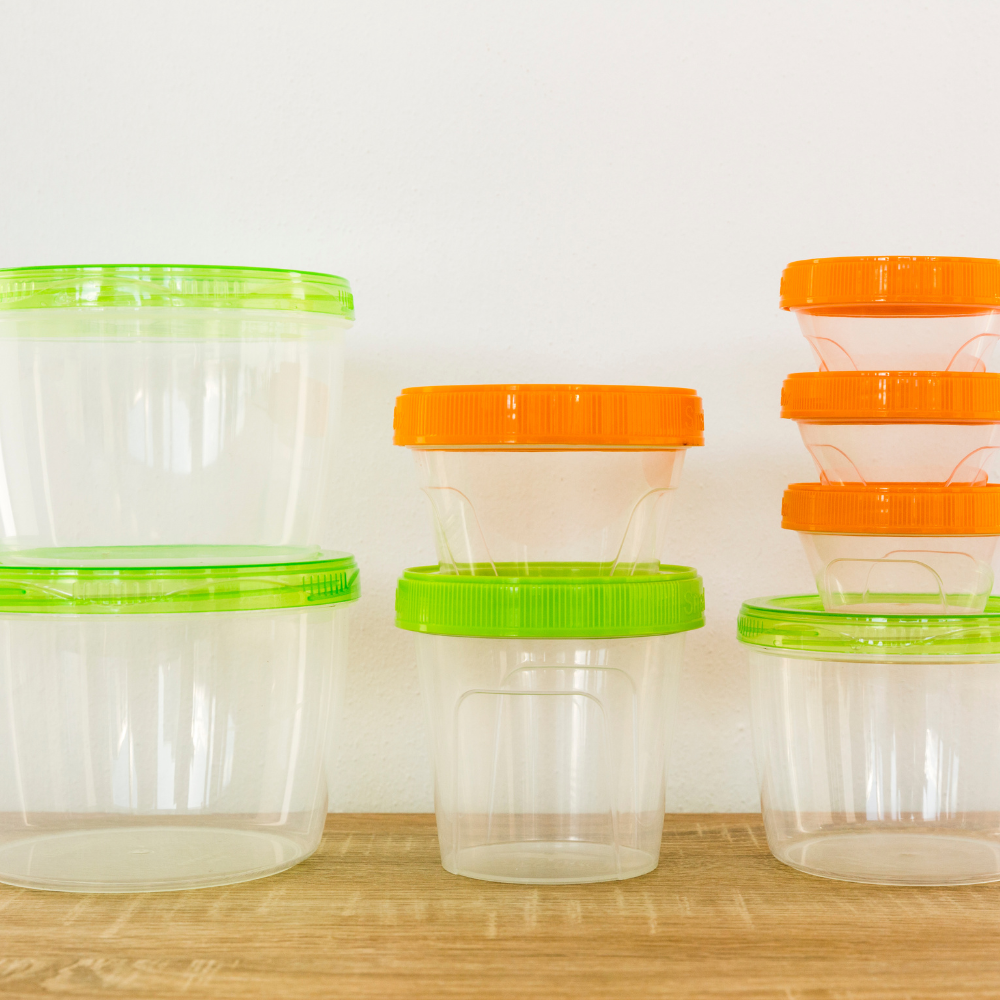
Tupperware has become associated with food storage that many people refer to any plastic container by its brand name. However, the 77-year-old U.S company’s once-revolutionary airtight sealing business is showing signs of deterioration with rising debts and declining sales prompting a warning that it could fail without investment.
Despite efforts in recent years to modernize its products and reposition itself for a younger audience, the company has been unable to halt a decline in sales. The company’s ‘Tupperware parties’ made it an icon during the consumer revolution of the 1950s and 1960s. Its airtight and watertight containers dominated the market.
However, its core business model of employing self-employed salespeople who sell predominantly from their own homes has been out of style for some time and was discontinued in the United Kingdom in 2023. Now, the company executives have conceded that without new funding, a brand name that has entered the vernacular could disappear from the market.
Catherine Shuttleworth, proprietor of retail analysis firm Savvy Marketing stated that they use Tupperware as a noun, which is unusual for a brand. She added that many younger people will be astonished that it is its own brand. Ms. Shuttleworth noted that while Tupperware was a “miracle product” when it was first introduced decades ago, the market has been inundated with cheaper alternatives in recent years. Tupperware’s share price reversed steep declines during the Covid-19 pandemic due to a resurgence fueled by an increase in baking and cooking at home.
However, the increase proved to be temporary. According to Ms. Shuttleworth, the company has not been “innovative enough” over the past 10 to 20 years to keep up with its competitors, resulting in a decline in sales. The lack of innovation in its early years is a far contrast from its current state.
Early Tupper, the inventor, founded the corporation in 1946 but Brownie Wise served as its public face. Until Wise came along, Tupper’s product was not selling. It utilized new plastics to keep food fresh for longer. This was essential when refrigerators were still prohibitively costly for many. She has already begun organizing events to promote the containers, meeting directly with the housewives and mothers the company desired to reach social gatherings that were also business-related. Her innovative style and sales figure grabbed the attention of Tupper, who promoted her to executive level at a time when women were largely excluded from boardroom positions.
Academics are still debating the impact of wise and Tupperware but many believe it was instrumental in bringing women into the workplace post-war America and provided a source of income for women around the globe. A professor of design history and theory at the University of Applied Arts in Vienna and the author of Tupperware, Allison Clarke is among them. She told sources “I believe its legacy is the employment opportunities it has afforded to women who do not always have access to flexible labor.”
She stated, “Tupperware parties glorified mundane housework and you could only buy the product if you knew someone who sold it. Hence it was social, exclusive and centered around relationships between women.”



